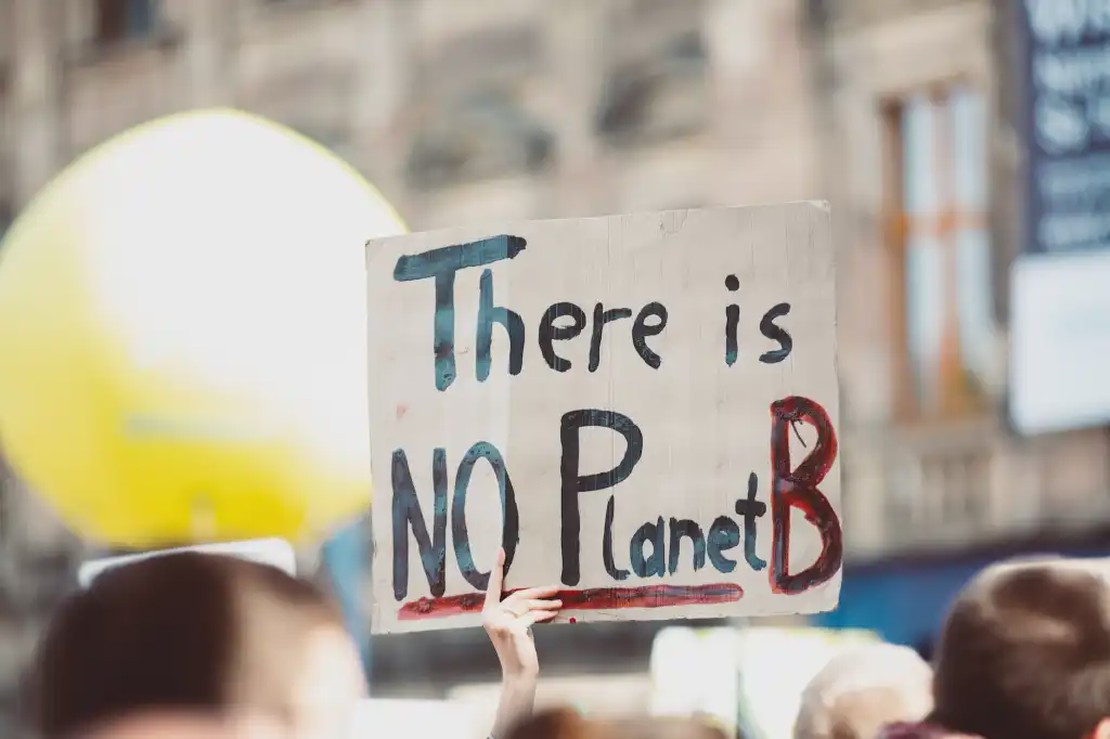
Presentation at the EUFeels Workshop: Emotions in European Climate Politics
- Isaac Bravo
- Climate change , Workshop , Science communication
- September 29, 2023
Isaac Bravo (M.Sc) attended a workshop on Emotions in European climate politics. The workshop was hosted by the Amsterdam Centre for European Studies, which had a focus on emotions and affective dynamics in European climate change politics, including the role of the EU in these debates, and Europe in a global context.
For this workshop, we presente the following research:
Analysing the effects of visual framing on social media in shaping people’s emotional engagement on climate change.
How and to what extent do frames of climate change imagery on social media affect people’s emotional engagement with climate change? How does this vary across different regions across the world where the adverse effects of climate change are expressed differently? Previous studies have focused on a small selection of the most iconic images of climate change, primarily using qualitative methods and data from Western countries. While there are a few comparative studies that contrast how people engage with this phenomenon across countries, we adopt a computational approach that combines framing theory with automated image and text analysis to analyse millions of images, tweets and responses shared by Twitter users during 2019 - 2022. For the data collection, we used the search term "climate change/#climatechange" in English, Spanish, German, French, Arabic, Chinese and Russian. We used the Contrastive Language-Image Pre-Training model to analyse and classify the images and different text analysis techniques to explore people’s emotions on tweet texts and comments. By exploring the connection between visual framing, politics, and people's emotions, results reveal regional differences in the distribution of identified frames' salience and a concentration of images around topics related to the consequences of climate change. These differences concern the type of visual content shared and how people react. Here, we generally see that regions with the highest exposure to the impacts of climate change express more concern and exhibit more engagement with the issue. This research contributes to our understanding of the role of social media in climate change and political communication by broadening the scope of preceding research on the topic and presenting valuable information on the role of images in the emotional response to climate change imagery on Twitter.
Further information can be found here: